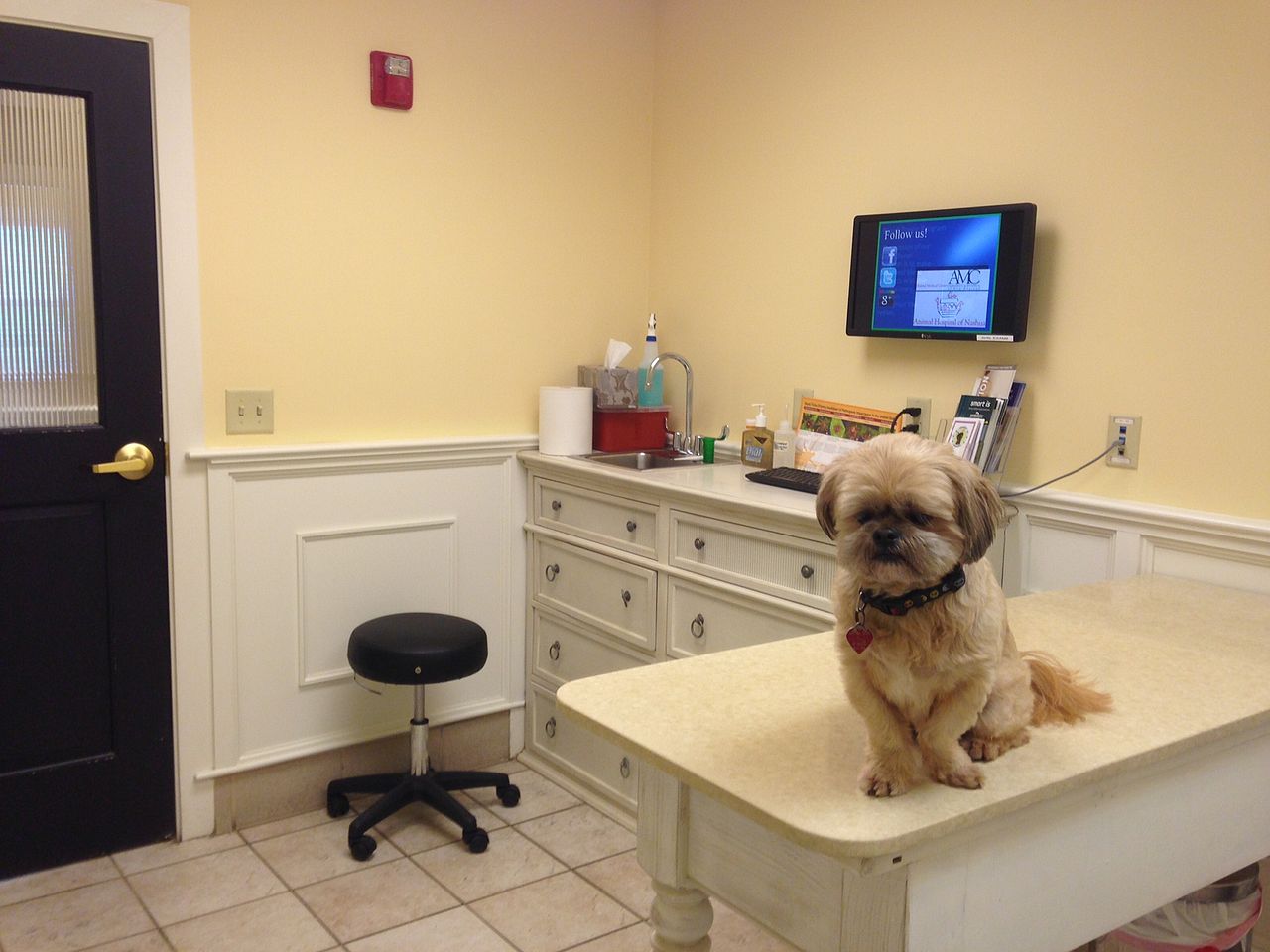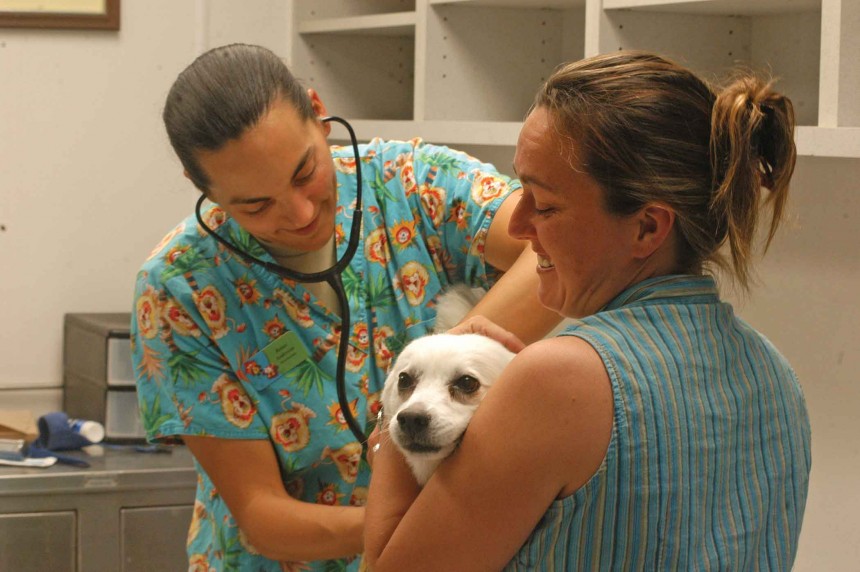You’ve heard the term kennel cough before, but what is it? Kenel cough is a highly contagious respiratory disease that dogs can contract. The technical name of the disease is infectious canine tracheobronchitis, and it’s an infecton of the bronchial tubes. Kennel cough is the disease’s nickname because it spreads when dogs are housed closely together, and so it’s prone to spreading in kennels. You may also hear the disease refered to as bordetellosis.
Signs and Symptoms of Kennel Cough
The symptoms of kennel cough are noticeable, and you should watch for any of the following symptoms in your dog:
- A nagging cough that occurs repeatedly throughout the day or even hour
- Nasal discharge that’s watery
- Reduced appetite though some dogs may contract the disease, and will be eating normally
- Pneumonia
- Retching
- Fever
- Lethargy
Symptoms may be more pronounced in some dogs than others, so watch your dog carefully if he’s been in a kennel recently and displays any of these symptoms. The symptoms typically appear 3 to 4 days after being around a number of other dogs, and may last 7 to 21 days.
If you believe your dog has contracted kennel cough, take him to your veternarian as soon as possible. A blood test may be ordered to examine your dog’s health, and you should be prepared to offer as much as information as you can about when the symptoms appeared, as well as any previous health issues your dog had. Other tests can include fecal collection and chest X-rays.

Treatment and Prevention of Kennel Cough
Dogs with kennel cough may be treated with several methods. Your vet will recommend a treatment based on the infection’s severity. Your dog may recover from a mild case with rest, a balanced diet, and plenty of water. If your dog has inflammation or a persistant cough, antibiotics may be prescribed, especially if a bacterial infection is present.
Although any dogs may contract the diease, young puppies are suspectible to the severe complications, as are any dogs with weakened immune systems. These include older dogs, pregnant dogs, and dogs with respiratory disease or weakness. If your dog fits any of these descriptions, then you can take steps to prevent kennel cough. You should make sure that your dog is only around canines that have received their vaccines and are healthy. Your vet can perform a regular health checkup every couple of months, and you can also ask your vet for a recommendation on a day care facility or kennel to ensure that
Air purifiers can go a long way towards helping curb the spread of kennel cough in a kennel or doggy day care, so check and see if your preferred business has one. Sanitation is also a good enemy of kennel cough, and you can ask how often the bowls, floors, cages, and other elements of the facility are sanitized.

Experts recommend that you should ensure your dog’s vaccinations are up to date before having your dog housed with other canines. There are vaccines that target kennel cough, or in particular, the bacterial organisms and viruses associated with it, these are Bordetella bronchiseptica, Parainfluenza virus, and Adenovirus. One is injected, one is taken orally, and one is available in a nasal spray mist. However, these vaccines don’t 100% prevent kennel cough because multiple strains of bacteria and viruses can cause the disease, however, they lessen the chances of your dog contracting it.
















